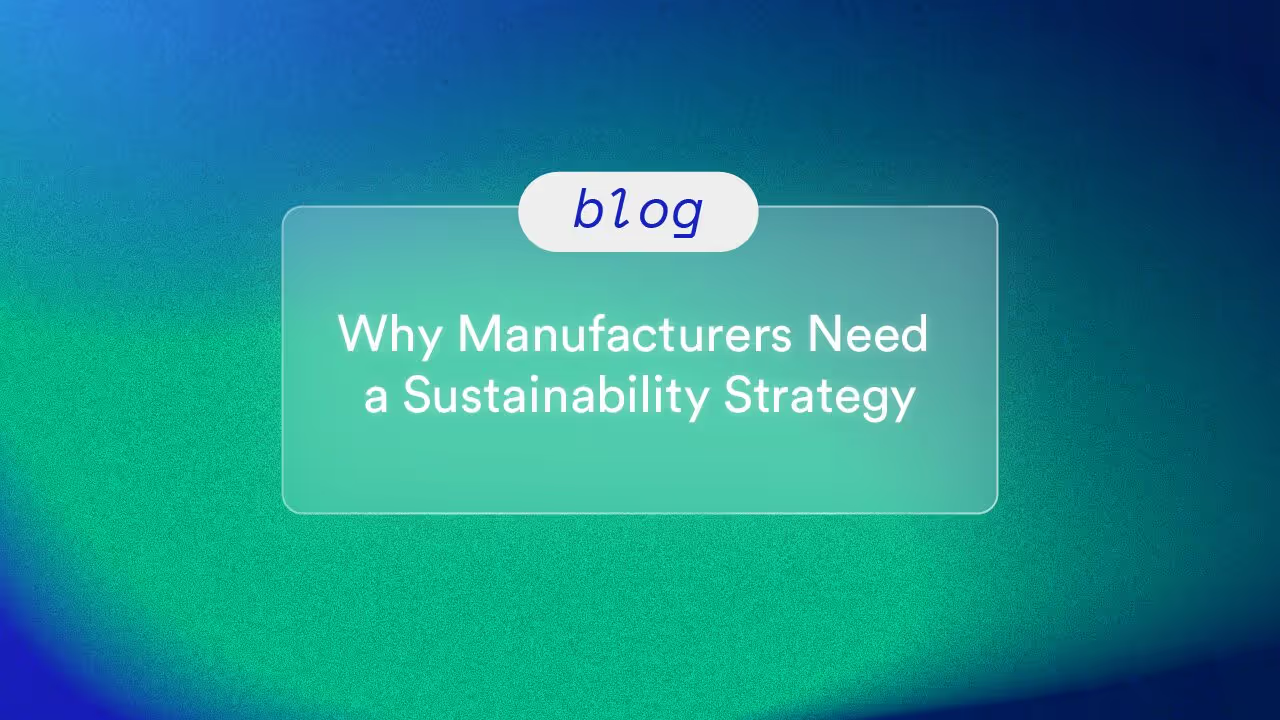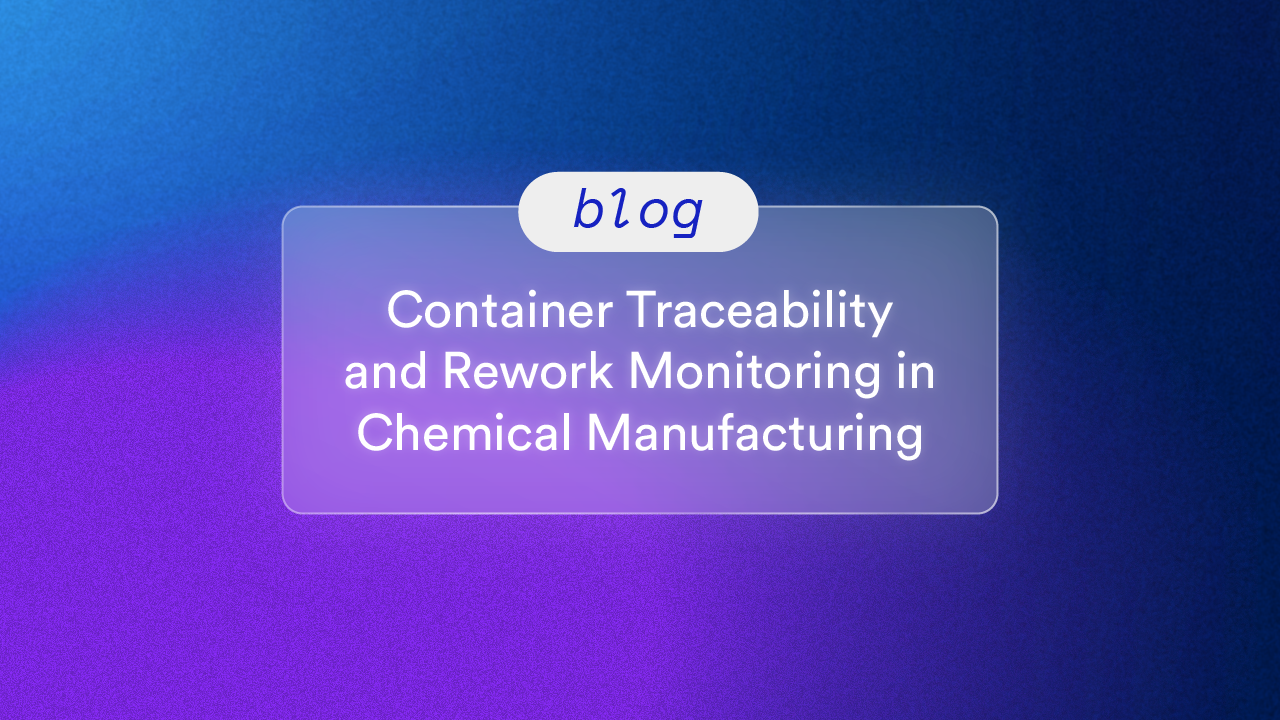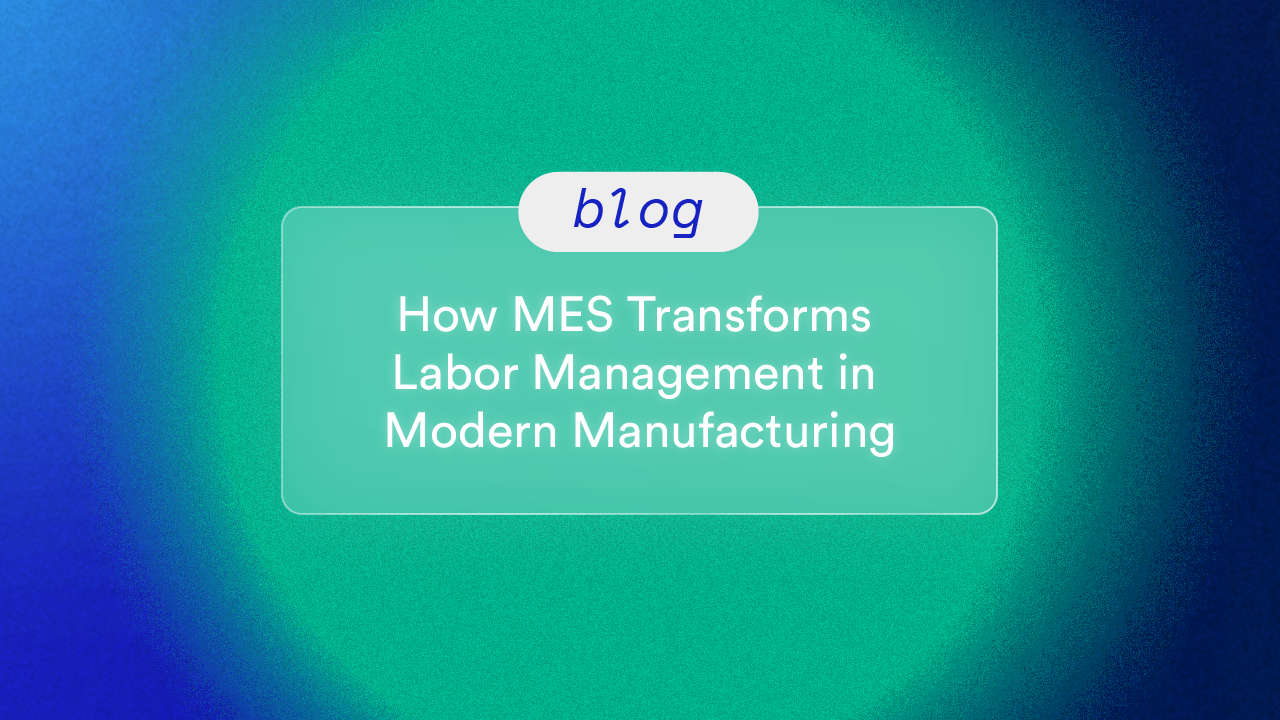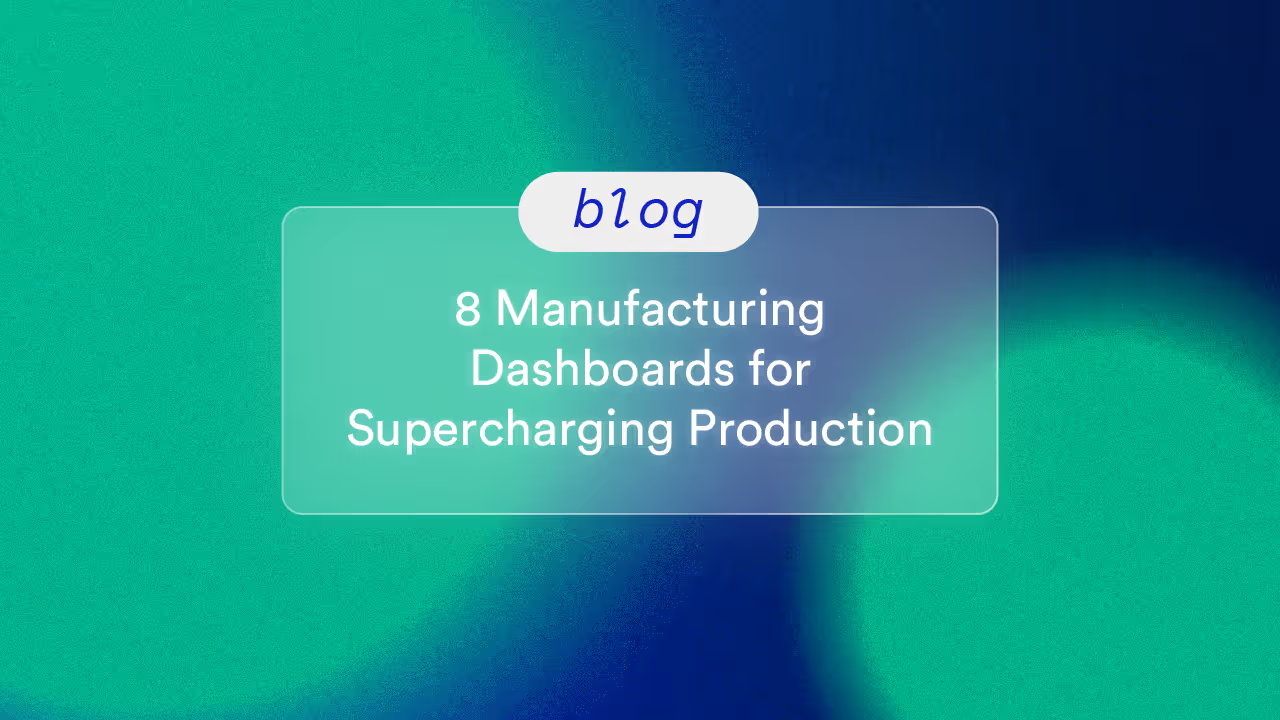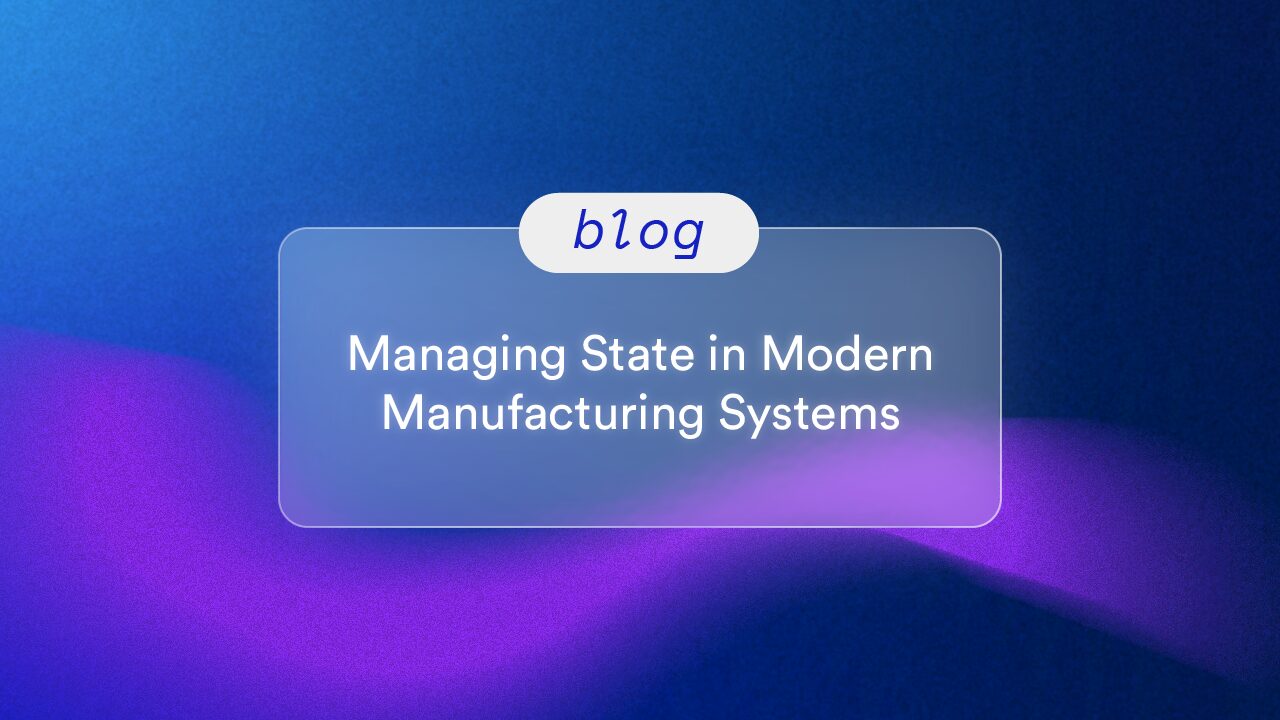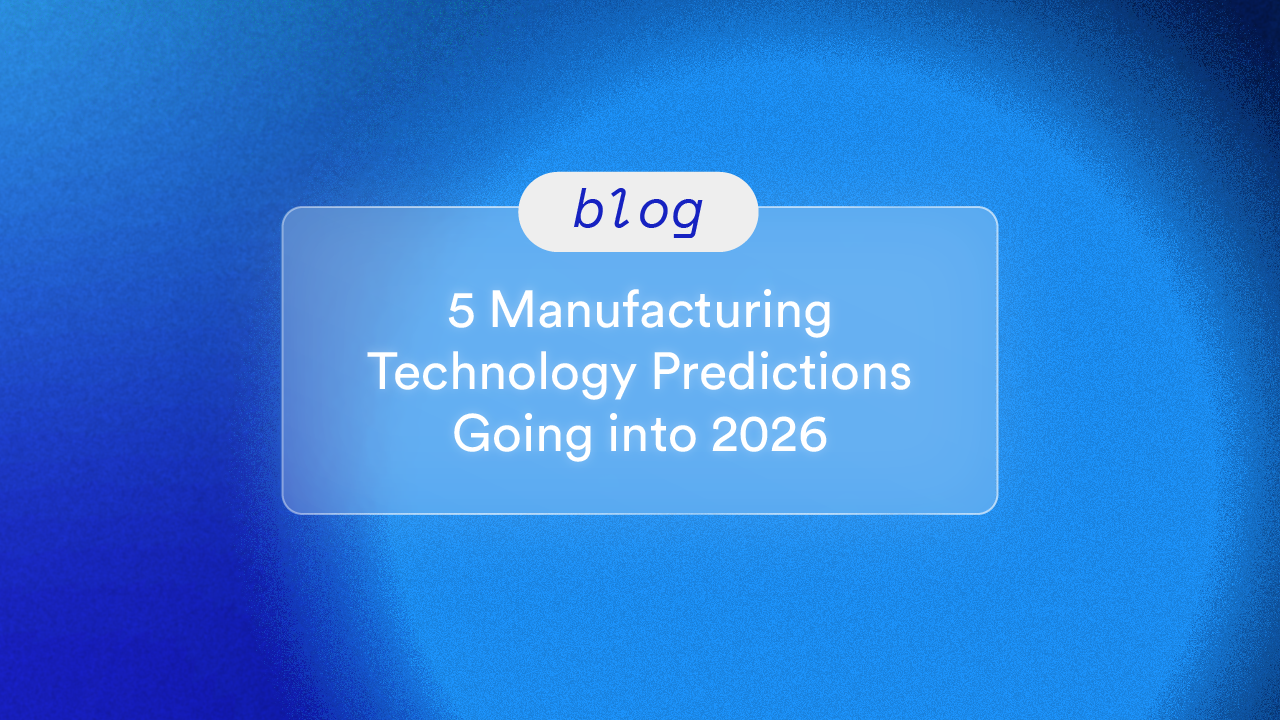Sustainability isn’t just a buzzword in manufacturing; it’s become a defining business strategy. As noted in our 2024 State of Manufacturing Survey, 92% of North American respondents viewed sustainability initiatives positively—a striking majority that reflects the growing industry commitment to environmental causes.
And with expectations for sustainably produced goods rising alongside criticism of practices like fast fashion and excessive plastic packaging, consumers, too, are placing pressure on brands to manufacture responsibly.
Yet, many corporate sustainability efforts still center on symbolic gestures. For example, around Earth Day, companies often ramp up green messaging: releasing limited-run eco-friendly products, sharing educational content, or launching feel-good social media campaigns. These efforts, while well-intentioned, often lack lasting impact. When sustainability becomes seasonal or surface-level, it risks being seen as performative—or worse—greenwashing.
To create real environmental and operational value, manufacturers must treat sustainability as more than a marketing tool. The most effective strategies are long-term, fully integrated, and tied directly to business performance. When handled thusly, sustainability not only supports environmental stewardship but also strengthens supply chains, reduces waste, and drives efficiency.
Sustainability is a Business-Wide Effort
As is the case with any initiative that stands a chance at being viable, organizational buy-in is crucial. Sustainability must be championed at the executive level and woven into each department's responsibilities. When treated as a shared mission—from procurement and production to finance and customer service—it becomes easier to identify opportunities, communicate value, and measure the progress of sustainability programs.
Integrated sustainable practices can also support core business objectives: risk mitigation, operational efficiency, and long-term value creation.
Making Sustainability Stick
There is a common misconception that sustainable transformation requires quick, sweeping change. However. It is often the case that the most successful sustainability journeys begin with small, strategic steps. A thoughtful, phased approach builds momentum and makes the mission more achievable.
Incremental Change
Massive, disruptive overhauls rarely stick. A better approach is to start small and scale intentionally. Begin by targeting realistic, achievable improvements, such as optimizing energy use, reducing scrap, or introducing recyclable packaging. These changes may seem modest, but they offer two key benefits: they demonstrate early wins, and they lower resistance to future initiatives. As improvements accumulate, they create a foundation for broader, systemic change.
Technological Support
Modern technology is a powerful ally in reducing waste and maximizing efficiency. Platforms like TrakSYS™, a manufacturing execution system(MES), offer the real-time visibility manufacturers need to monitor sustainability at every level. By connecting to IIoT devices and pulling in data from machines, utilities, and processes, TrakSYS enables precise tracking of things like energy use, emissions, waste, and other key environmental metrics.This insight supports both immediate improvements and long-term planning. Teams can analyze data, identify inefficiencies, and adjust operations in real-time—without compromising productivity. With the right tools in place, manufacturers can embed sustainability directly into their workflows.
Continuous Improvement
As with all digital transformation efforts, sustainability is not a destination; it's a continuous, evolving process. Goals change, technologies advance, and unexpected challenges arise. Teams must be prepared to adapt, learn, and iterate.A delayed emissions target might prompt a deeper look into equipment performance. A rise in material costs could spark an effort to reduce overproduction. Each setback offers a chance to make sustainability more aligned with operational realities.Evaluating progress regularly—and being willing to revise your approach—is key to sustaining momentum.
Change Management
Understandably, none of the above is possible without strong change management. Adopting sustainable practices can and will impact existing workflows, team member roles, and expectations. It may require teams to think differently, adopt new tools, or embrace unfamiliar metrics.It is incumbent upon leaders, then, to articulate why a given initiative was chosen, connect said initiative to broader business outcomes, and include employees—and their feedback—involved throughout the initiative’s lifecycle. Transparency and recognition can help foster a culture of ownership, so sustainability doesn’t have to be a mandate, but a shared value.
The Advantages of Sustainable Manufacturing
When sustainability programs are adopted and executed strategically, their value becomes kinetic. Tangible benefits include reduced waste, lower energy consumption, compliance with increasingly stringent regulations, and more. These gains can translate into cost savings and operational agility.
The intangible benefits can be just as powerful. Sustainability enhances brand reputation, strengthens customer loyalty, and attracts talent. In an era where buyers and employees are prioritizing values-driven companies, businesses with a commitment to environmental stewardship can gain a competitive advantage.
Research has found that companies that integrate sustainability as a strategic pillar report positive business impacts, including “growth and improved profitability, increased efficiency, better quality products and services, and reduced costs, suggesting a truly sustainable business is more robust and resilient.” This shows that businesses with mature sustainability practices are truly seeing results—for themselves and the planet.
Conclusion
Sustainability initiatives can feel daunting—especially when viewed as disruptive. But that doesn’t have to be the case. When approached as a long-term, strategic effort, sustainability becomes both manageable and meaningful.
Manufacturers can build sustainability into the core of their operations by focusing on incremental change, leveraging technology like MES, and managing change thoughtfully. Such efforts can drive more value than one-off campaigns or temporary initiatives ever could. They will create real environmental impact, support stronger business performance, and build lasting trust with customers and communities.
FAQs
Incremental improvements—such as optimizing energy use or reducing scrap—allow organizations to build momentum over time while minimizing pushback or disruption.
MES platforms provide real-time visibility into operations, enabling manufacturers to track environmental performance, optimize workflows, and make data-driven decisions that align with sustainability goals.
Challenges include cultural resistance, data quality, and maintaining momentum. These can be addressed with strong change management, cross-functional collaboration, and continuous evaluation.
Related Blog Posts


Let’s Build Your Plan
We’ll help you create the right configuration—today and for the future.



